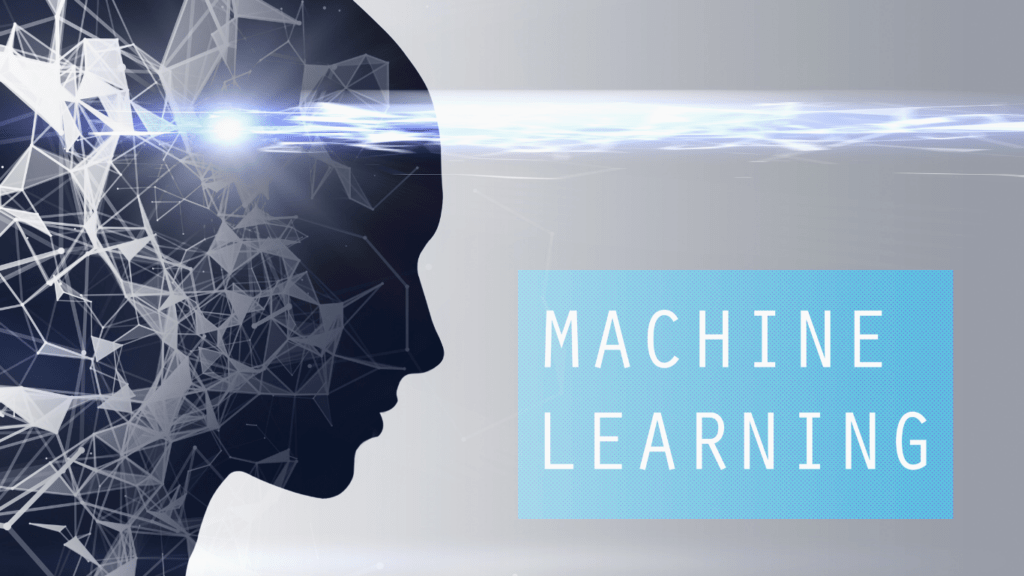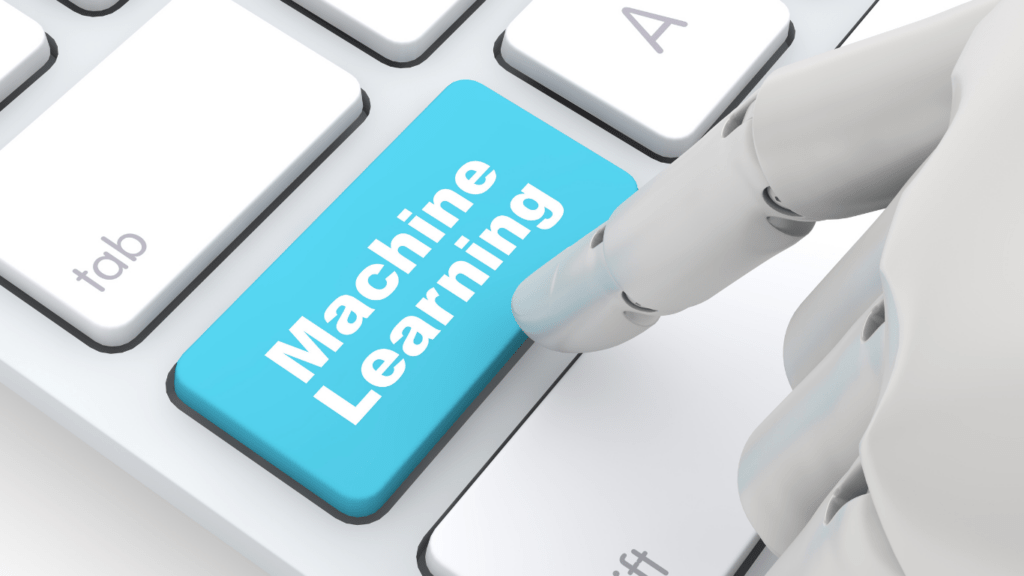Understanding Betting Predictions
Betting predictions focus on estimating the outcome of sports events or similar scenarios using available data. These predictions analyze historical performance, player statistics, team dynamics, and external factors like weather or venue conditions. They aim to identify the likelihood of specific outcomes to inform smarter betting decisions.
Accurate predictions rely on data quality and advanced analytical methods. Comprehensive datasets, including recent match results and injury reports, improve prediction reliability. Machine learning models enhance this process by uncovering patterns that traditional analysis might miss, making predictions more data-driven.
Betting markets also use probabilities derived from predictions to set odds. When predictions identify discrepancies between calculated probabilities and offered odds, bettors can exploit these inefficiencies. For example, a model might reveal a team has a higher-than-perceived winning chance, signaling an opportunity for value bets.
What Is Machine Learning?
Machine learning (ML) refers to a subset of artificial intelligence where systems improve their performance by learning from data without explicit programming. It uses algorithms to identify patterns and generate predictions based on these insights.
Key Concepts Of Machine Learning
Machine learning relies on three fundamental concepts:
- Data Training: ML models analyze large datasets, learning to recognize patterns that impact predictions. For betting, this could involve historical match outcomes or player statistics.
- Feature Selection: Specific attributes are chosen from the data that influence the model’s predictions most effectively. Examples include team performance metrics and injury reports.
- Model Optimization: By refining parameters and structures, ML enhances prediction accuracy. Iterative processes ensure higher precision over time.
Types Of Machine Learning Relevant To Betting
Three primary machine learning types contribute to betting predictions:
- Supervised Learning: Algorithms predict outcomes by learning from labeled datasets, such as past match results indicating wins, losses, or draws.
- Unsupervised Learning: Models uncover hidden patterns in unlabeled data, like identifying correlations between game times and team performance.
- Reinforcement Learning: Systems iteratively learn optimal betting strategies by receiving feedback on predicted outcomes versus actual results.
Each type amplifies prediction reliability, directly benefiting bettors seeking data-driven insights.
The Role Of Machine Learning In Betting Predictions

Machine learning transforms betting predictions by delivering precision through advanced data analysis. Its integration offers bettors tools to predict outcomes more accurately and identify patterns invisible to traditional methods.
Advantages Of Machine Learning Models
- Accuracy Enhancement: Machine learning models analyze vast amounts of historical data to improve prediction accuracy. For instance, algorithms evaluate player stats, team performance, and seasonal trends to refine outcomes.
- Scalability: Unlike manual analysis, ML models process millions of data points efficiently. This capability enables real-time updates for betting odds.
- Uncovering Hidden Patterns: These models detect patterns and correlations that humans might overlook, such as subtle gameplay tendencies or rare statistical anomalies.
- Dynamic Adaptation: ML models evolve by learning from new data. If a player’s form or team strategy changes, the model adjusts its predictions automatically without requiring reprogramming.
- Market Insights: Bettors gain an edge by identifying market inefficiencies. Machine learning helps spot mispriced odds, maximizing the probability of value bets.
- Data Quality Dependence: Machine learning performs poorly when trained on incomplete or biased datasets. Accurate predictions rely on comprehensive and verified historical data.
- Model Complexity: Interpreting predictions from complex ML models can be difficult. For example, deep learning models offer high accuracy but often lack transparency, termed a “black box” limitation.
- Resource Intensive: Developing and deploying these models require substantial computational power and expertise, which may not be accessible to casual bettors.
- External Variables: While ML handles numerous factors, external elements like sudden injuries or unexpected weather changes remain unpredictable, limiting consistency.
- Market Adaptation: Betting markets adapt to trends identified by ML strategies, meaning long-term profitability requires continuous innovation in model development.
Real-World Applications Of Machine Learning In Betting
Machine learning (ML) has become a powerful tool in predicting betting outcomes, shaping strategies, and improving profitability. It finds practical use in various scenarios ranging from sports betting to financial market wagering.
Case Studies And Success Stories
Several notable examples illustrate the impact of ML on betting. A prominent case is the use of ML models in horse racing predictions, where advanced algorithms analyze historical racing data, track conditions, and jockey performance. For instance, a study by the University of Southampton demonstrated a 12% improvement in accuracy using ML-driven predictive models over traditional methods.
In sports betting, platforms like Stats Perform have leveraged ML to generate accurate player and team performance forecasts by processing millions of data points. These insights have provided users with a competitive edge. Another example is Betfair Exchange, which reportedly adopted reinforcement learning models to refine odds-setting processes, improving market efficiency and user engagement.
Popular Machine Learning Algorithms Used
Machine learning algorithms play a key role in betting predictions by addressing complex data challenges. Supervised learning algorithms, such as Random Forests and Support Vector Machines, analyze labeled datasets to predict results like match outcomes or individual player performance metrics. For example, these techniques can estimate match winners by evaluating historical records and team form.
Unsupervised learning methods, like K-Means Clustering, identify patterns in unlabeled data. These algorithms are particularly useful in analyzing user behavior on betting platforms, enabling personalized recommendations. Reinforcement learning models, such as Deep Q-Networks, optimize betting strategies by learning through repeated interactions with the environment. This iterative approach effectively tailors betting algorithms for long-term performance in dynamic markets.
Ethical Considerations In Machine Learning For Betting
Machine learning introduces ethical challenges in betting predictions, impacting fairness, transparency, and responsible gambling. Addressing these concerns ensures the technology’s use aligns with ethical standards.
Responsible Gambling And Fairness Concerns
Promoting responsible gambling is critical when using machine learning in betting predictions. Advanced predictive models enhance accuracy, but they may also encourage excessive betting behaviors if used irresponsibly. For instance, personalized recommendations based on individual betting patterns could exploit vulnerable bettors rather than support responsible habits. Safeguards like strict adherence to responsible gaming practices and user protection policies mitigate these risks.
Fairness in betting markets challenges developers of machine learning models. Since bettors with access to advanced algorithms gain a disproportionate advantage, they risk creating imbalances in competitive markets. Ensuring equitable access to data-driven insights is essential for maintaining fairness among all participants.
Transparency And Bias In Models
Transparency in machine learning models builds trust and accountability in betting systems. Black-box algorithms, which offer predictions without explaining the rationale, raise ethical concerns. For example, bettors may doubt the credibility of predictions or the fairness of odds derived from opaque models. Clarifying how predictions are generated, such as disclosing key performance indicators or attributes influencing outcomes, helps address this issue.
Bias in machine learning models risks compromising ethical standards in betting. Imbalanced training datasets or unintentional model biases may lead to skewed predictions, disadvantaging certain teams, players, or bettors. Auditing datasets for neutrality and testing predictions for accuracy across diverse scenarios address these concerns effectively.


 Archer Loftus-Hills played a pivotal role in shaping the technical backbone of Gamble Today Smart. With a keen eye for detail and a passion for innovation, Archer was instrumental in developing the platform’s data-driven tools and analytics features. His expertise ensured that users could access reliable, real-time insights to make informed gambling decisions. Archer’s dedication to precision and functionality has left a lasting impact on the platform’s success.
Archer Loftus-Hills played a pivotal role in shaping the technical backbone of Gamble Today Smart. With a keen eye for detail and a passion for innovation, Archer was instrumental in developing the platform’s data-driven tools and analytics features. His expertise ensured that users could access reliable, real-time insights to make informed gambling decisions. Archer’s dedication to precision and functionality has left a lasting impact on the platform’s success.